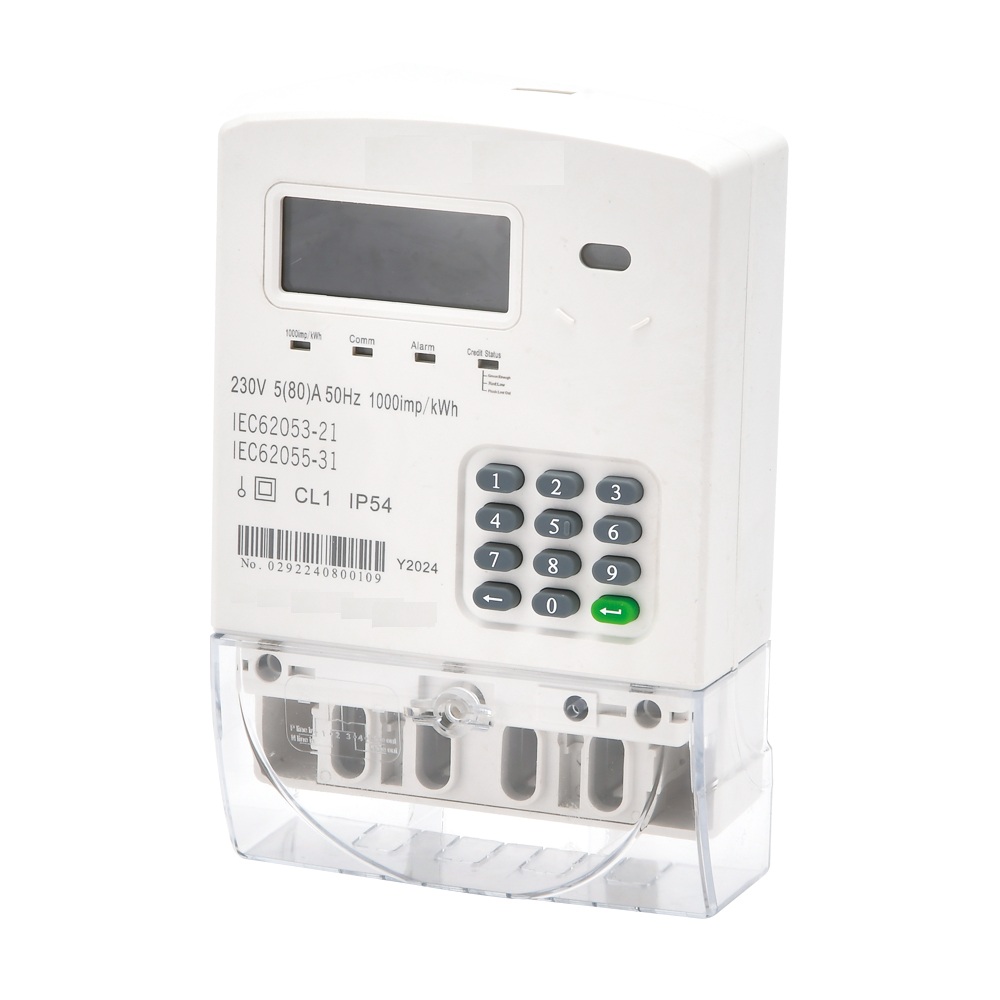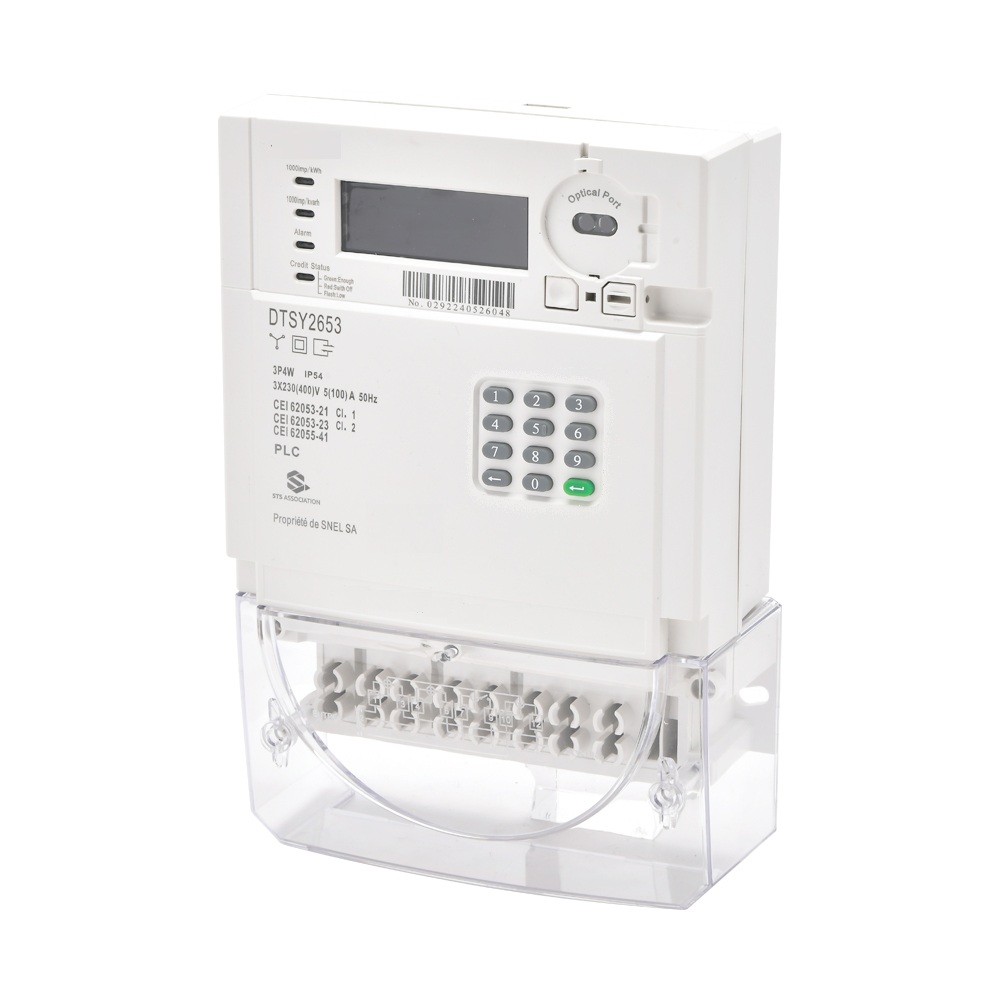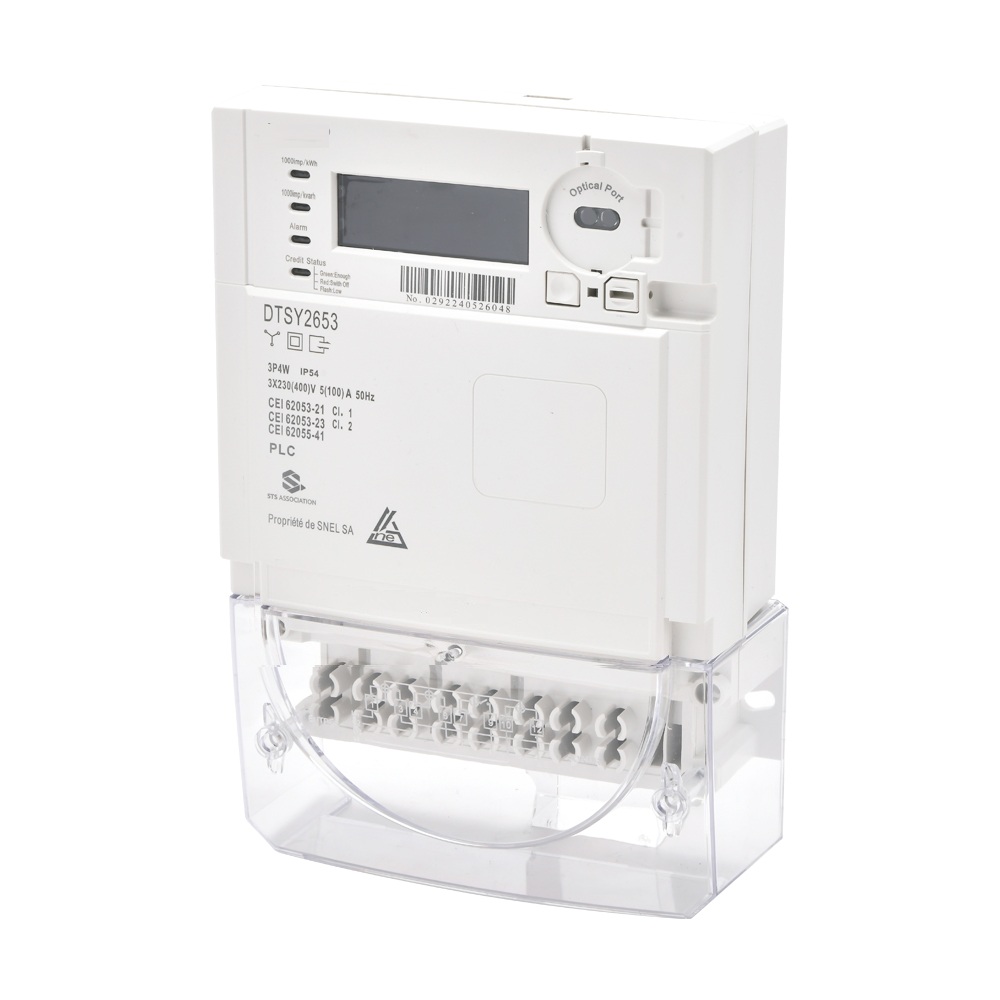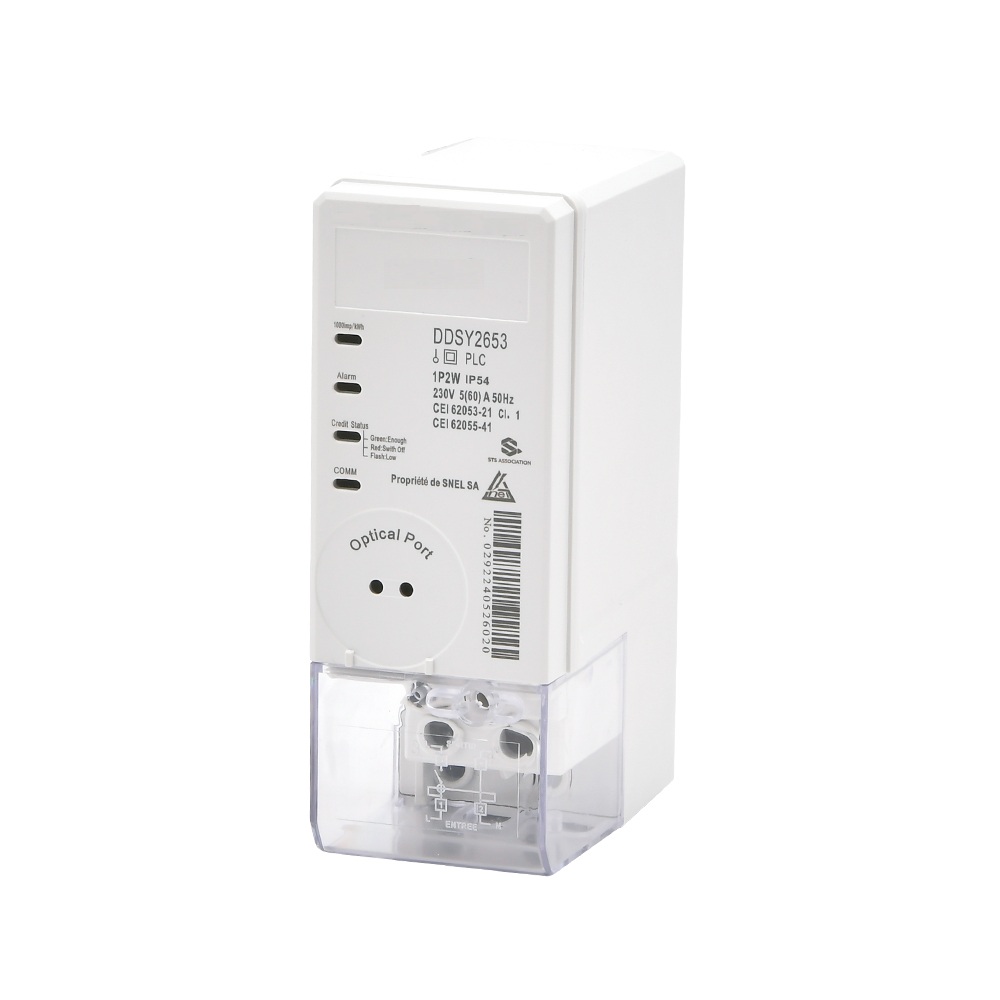Why choose high-precision energy meters for factory workshops?
Publish Time: Author: Site Editor Visit: 678
1. Measurement accuracy and foundation building
The factory has a high electricity load and dense equipment, with electricity expenses accounting for a high proportion of operating costs. High precision energy meters (such as 0.5S or 0.2S level) have an error control within ± 0.5% and can accurately measure energy consumption. Taking a workshop with a daily power consumption of 10000 kWh as an example, if a level 1 meter (with an error of ± 1%) is used, the annual error power consumption can reach 36500 kWh; The error of the 0.5S level meter is only 18250 degrees, which directly reduces the electricity cost loss by nearly 10000 yuan.
2. Refined energy management
High precision energy meters support full power parameter monitoring (voltage, current, power factor, etc.), and can be used in conjunction with energy management systems to achieve equipment level energy consumption analysis. For example, through monitoring, it was found that the power factor of a certain machine tool was only 0.6 when unloaded, but after optimization, it was increased to 0.85, and the annual power savings of a single device were about 8000 kWh. This refined data support provides a basis for energy-saving renovation.
3. Adaptability to complex environments
The electrical environment in factories is complex, with issues such as impact loads (such as motor start stop) and harmonic interference. The high-precision electric meter adopts multi-channel analog-to-digital conversion technology, which can maintain measurement accuracy within the load range of 1% -100%, ensuring reliable data in non-linear load scenarios such as welding equipment and frequency converters.
4. Compliance and Security
Some industries, such as precision manufacturing and chemical engineering, have mandatory standards for power quality. High precision energy meters can monitor parameters such as voltage fluctuations and harmonic distortion in real time, helping factories avoid equipment failures or compliance risks caused by substandard power quality. For example, a certain electronics factory detected voltage dips in a timely manner through energy meter warnings, avoiding production line downtime losses.
5. Long term cost-effectiveness
Although the initial investment in high-precision energy meters is relatively large, the energy-saving benefits brought by energy management optimization and equipment efficiency improvement can usually cover the cost within 2-3 years. For example, a certain steel plant introduced 0.2S level energy meters and adjusted production periods through peak and valley electricity pricing strategies, saving over one million yuan in electricity bills annually.
With the advancement of intelligent manufacturing, high-precision energy meters are becoming the infrastructure for the digital transformation of factory energy, and their value far exceeds the scope of pure measurement.



